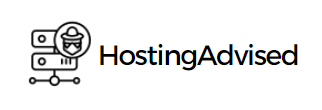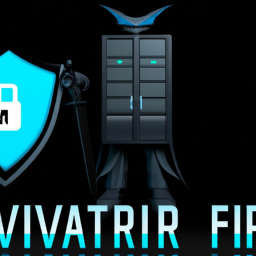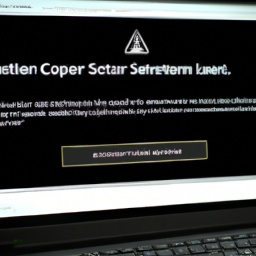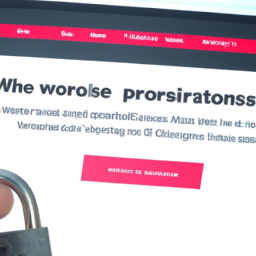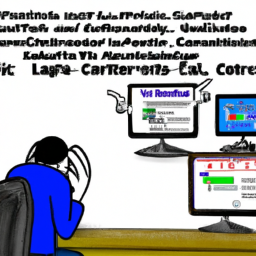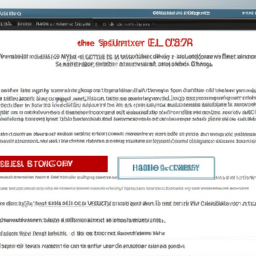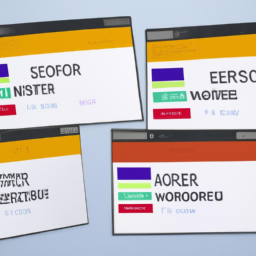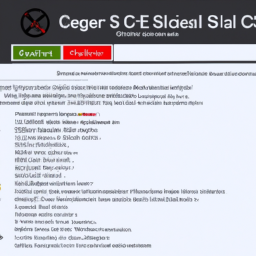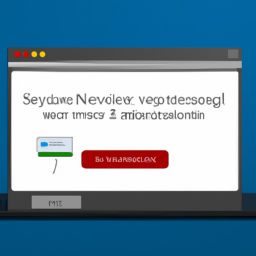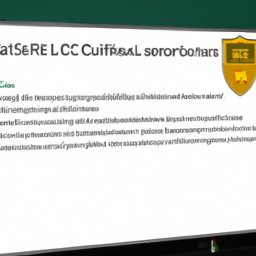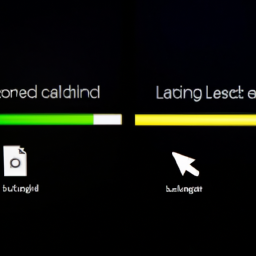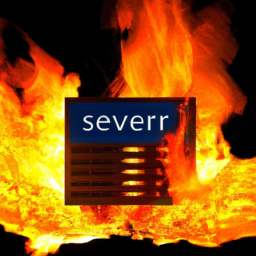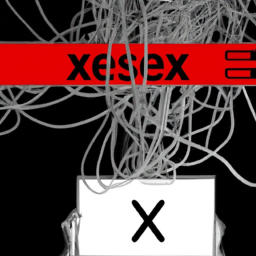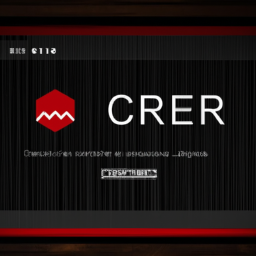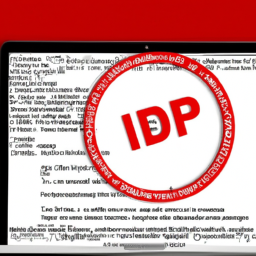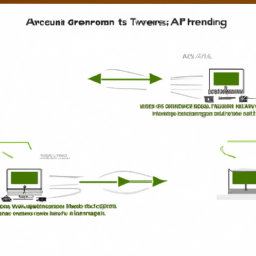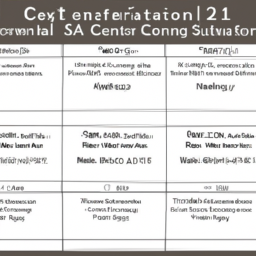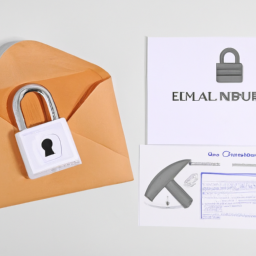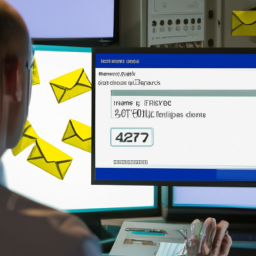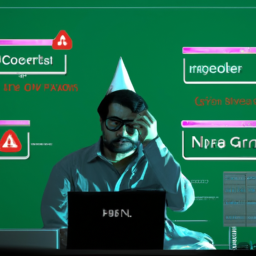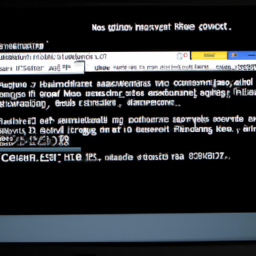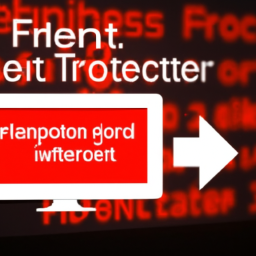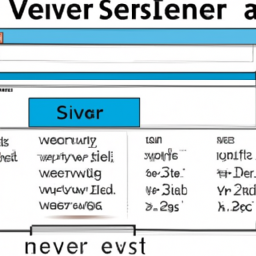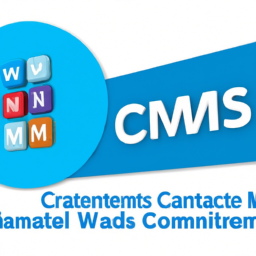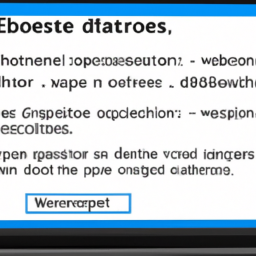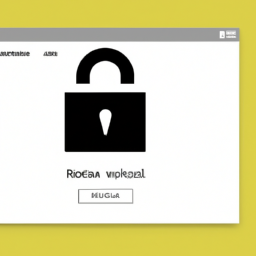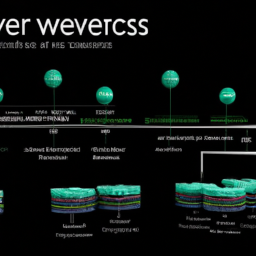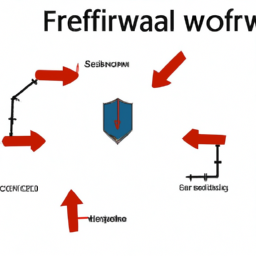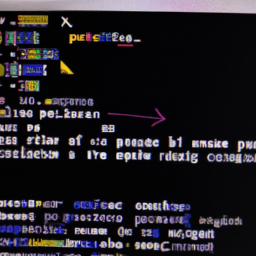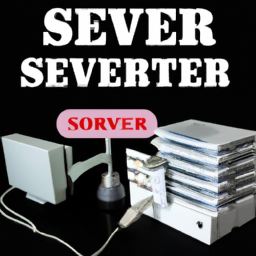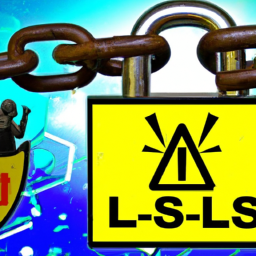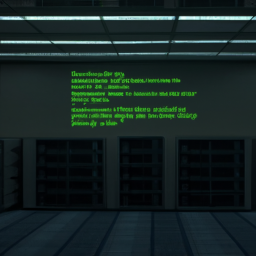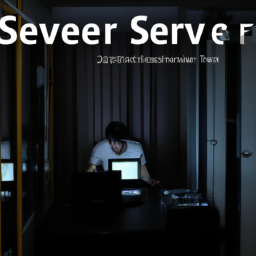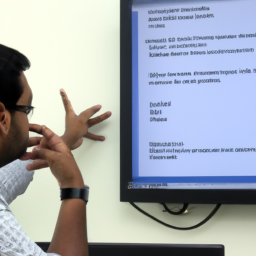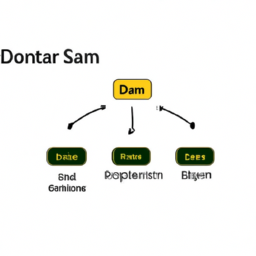In the vast digital landscape, your website is a shining beacon, guiding visitors to your brand. But lurking in the shadows, malware can sabotage your web hosting, infecting your site and compromising your credibility.
Like a silent assassin, malware sneaks into your system, wreaking havoc on your files, stealing sensitive information, and causing chaos. But fear not, for this article will equip you with the knowledge and tools to identify and resolve these web hosting troubles.
We will delve into the common signs of malware infections, the risks they pose, and effective strategies for their elimination. Alongside these measures, we will emphasize the importance of regular backups and the option of seeking professional help.
Furthermore, we will explore preventive measures to fortify your website’s defenses, ensuring future malware infections remain a distant memory. So, tighten your cyber armor and prepare to conquer the realm of web hosting troubles.
Key Takeaways
- Malware can infect websites and compromise their credibility, leading to financial losses and loss of customer trust.
- Common signs of malware infections include slow website performance, unexpected pop-ups, and frequent crashes.
- Effective strategies for eliminating malware include installing reliable security plugins or software, regularly scanning and updating the website, and removing malicious code and files.
- Seeking professional help is recommended for identifying and resolving malware issues, as professionals can provide preventive measures to avoid future malware infections.
Common Signs of Malware Infections
If you’re experiencing slow website performance, unexpected pop-ups, and frequent crashes, you might have fallen victim to a malware infection.
Detecting malware is crucial to protect your website and visitors from potential harm. Malware can have severe consequences, such as data breaches, stolen information, and damage to your website’s reputation. It can also lead to financial losses, as customers may lose trust in your site and refrain from making purchases.
Identifying malware can be challenging, as it often disguises itself or operates in the background. However, there are several signs that can help you detect its presence. Monitor your website’s performance regularly, conduct security scans, and pay attention to any suspicious activities.
By proactively identifying and addressing malware issues, you can minimize the risks posed by these infections and ensure a safe browsing experience for your visitors.
Risks Posed by Malware Infections
Beware of the dangers malware infections can bring upon your online presence. When your website becomes infected with malware, it can have a significant impact on its performance. Your site may slow down, become unresponsive, or even crash altogether. This can lead to a frustrating user experience and cause potential customers to leave your site, resulting in lost revenue and a damaged reputation.
But the risks don’t stop there. Malware infections also pose a serious threat to your data security. Hackers can use malware to gain unauthorized access to sensitive information, such as customer data or financial records. This puts your customers at risk of identity theft and can lead to legal consequences for your business.
To protect your website and your customers’ data, it’s crucial to eliminate malware promptly.
In the next section, we will discuss effective strategies for eliminating malware without causing further disruption to your web hosting.
Effective Strategies for Eliminating Malware
To effectively eliminate malware from your website, there are three key strategies you should implement.
Firstly, install reliable security plugins or software that can actively detect and prevent malware infections.
Secondly, regularly scan and update your website to ensure any vulnerabilities are identified and patched promptly.
Lastly, remove any malicious code and files that have been identified, as they can serve as gateways for further infections.
By following these strategies, you can significantly reduce the risk of malware compromising your website’s security.
Install Reliable Security Plugins or Software
Ensure your website’s safety by installing trusted security plugins or software. These will act as a shield against malware attacks, like a fortress protecting your online presence.
One essential security measure is obtaining an SSL certificate. This certificate encrypts data exchanged between your website and visitors, preventing unauthorized access to sensitive information. Not only does this improve the security of your website, but it also enhances your website’s rankings in search engine results. Search engines prioritize websites with SSL certificates, considering them more trustworthy and reliable.
However, it’s important to note that security plugins or software alone can’t guarantee absolute protection. To stay ahead of evolving malware threats, regularly scan and update your website. This proactive approach ensures that your website remains secure and free from potential vulnerabilities.
Regularly Scan and Update Your Website
Regularly scanning and updating your website is crucial to maintaining its security and preventing potential vulnerabilities. Website monitoring plays a vital role in detecting any malware or suspicious activities on your site. By scanning your website regularly, you can identify any malicious code or files that may have been injected. This helps in taking immediate action to remove them and prevent further damage.
Additionally, updating your website regularly ensures that you have the latest security patches and fixes, making it harder for hackers to exploit any known vulnerabilities. Implementing a robust website monitoring and update schedule is an effective approach to malware prevention.
Once you’ve identified any potential threats, the next step is to remove the malicious code and files to safeguard your website’s integrity and protect your visitors.
Remove Malicious Code and Files
Removing malicious code and files from your website is essential for maintaining its security and preventing potential vulnerabilities. Studies show that 70% of cyber attacks are aimed at small businesses.
To begin the cleaning process, start by identifying any suspicious files or code snippets within your website’s directories. This can be done by scanning your website with reputable malware removal tools, such as Sucuri or Wordfence.
Once the malware is detected, it’s important to remove it promptly to prevent further damage. This can be achieved by manually deleting the infected files or using a malware removal plugin that automatically removes the malicious code.
After the cleaning process is complete, it’s crucial to update all software and plugins to their latest versions to ensure that any vulnerabilities are patched. Regularly performing these steps will significantly reduce the risk of future malware attacks.
Moving on to the importance of regular backups, it’s vital to keep copies of your website’s data to restore it in case of any unforeseen incidents.
Importance of Regular Backups
Don’t wait until it’s too late – make sure you’ve got regular backups to protect yourself from the devastation of malware attacks. Here are four reasons why regular backups are crucial for the importance of data recovery:
-
Disaster Recovery: Regular backups ensure that you always have a clean copy of your website’s data, allowing you to quickly restore it in case of a malware attack.
-
Time Efficiency: With regular backups, you can minimize downtime by swiftly restoring your website’s data and files, reducing the impact on your business.
-
Peace of Mind: Knowing that you have a recent backup gives you peace of mind, as you can easily retrieve your website’s information if it gets compromised.
-
Version Control: Regular backups allow you to keep track of different versions of your website, making it easier to roll back to a previous version if necessary.
By having regular backups in place, you can ensure the safety of your website’s data.
In the next section, we will discuss the importance of seeking professional help in resolving malware issues.
Seeking Professional Help
If you think you can handle the complexities of combating malware on your own, good luck with that. Identifying and resolving malware issues requires expertise and specialized tools that only reputable professionals possess.
It’s crucial to find a trustworthy and experienced team who can effectively remove malware from your website and ensure that it doesn’t come back. While seeking professional help may come with a cost, it’s a cost-effective solution in the long run. By investing in professional services, you can save time, avoid potential errors, and minimize the risk of further damage to your website.
Once you’ve found the right professionals to assist you, they can also provide preventive measures to avoid future malware infections.
Transitioning into the next section, let’s explore some effective preventive measures to safeguard your website against malware attacks.
Preventive Measures to Avoid Future Malware Infections
Now that you have sought professional help to resolve your web hosting troubles and identify and remove any existing malware, it is crucial to take preventive measures to avoid future infections. One of the most effective ways to protect your website and secure your hosting is by implementing strong security measures. This includes regularly updating your website’s software and plugins, using strong and unique passwords, and regularly scanning your website for any vulnerabilities. Additionally, consider implementing a Web Application Firewall (WAF) to detect and block any malicious traffic.
To further enhance your website’s security, it is essential to choose a reputable and reliable web hosting provider that prioritizes security. Look for providers that offer robust security features such as regular backups, malware scanning, and DDoS protection. Conduct thorough research and read reviews to ensure you select a provider that meets your security needs. By taking these preventive measures and partnering with a secure web hosting provider, you can significantly reduce the risk of future malware attacks and keep your website safe.
To emphasize the importance of preventive measures, here is a comparison table between a website with strong security measures and one without:
| Secure Website Hosting | Non-Secure Website Hosting |
|---|---|
| Regular software updates to patch vulnerabilities | Outdated software with known security flaws |
| Strong and unique passwords for all accounts | Weak and easily guessable passwords |
| Web Application Firewall (WAF) to detect and block malicious traffic | No additional security measures in place |
| Regular website scanning for vulnerabilities | No regular scanning or vulnerability checks |
Implementing these preventive measures will greatly reduce the risk of malware attacks and ensure a secure hosting environment for your website.
Frequently Asked Questions
How can I determine if my website has been infected with malware?
To determine if your website has been infected with malware, you can conduct a thorough website security scan. Look out for common malware types such as viruses, trojans, worms, and ransomware.
Analyze your website’s traffic patterns and check for any unauthorized access or suspicious behavior.
Monitor your website for any unexpected changes in code or files.
Regularly update your security software and plugins to prevent malware infections.
What are the potential consequences of a malware infection on my website?
A malware infection on your website can have serious potential long-term impacts. According to a recent study, around 43% of cyber attacks target small businesses, making them vulnerable to malware infections.
These infections can result in data breaches, website defacement, loss of customer trust, and financial loss due to downtime.
To prevent malware infections, it’s crucial to regularly update software, use strong passwords, implement firewalls, and conduct regular security audits to identify and resolve any vulnerabilities.
Are there any DIY methods to remove malware from my website effectively?
To effectively remove malware from your website, there are DIY methods you can employ.
First, perform a thorough backup of your website’s files and database.
Next, scan your website using reputable malware detection tools, such as Sucuri or SiteLock.
After identifying the infected files, manually remove them or replace them with clean versions from your backup.
It’s crucial to update all software and plugins to their latest versions to prevent further infections.
Finally, strengthen security measures, such as using strong passwords and implementing a web application firewall.
How often should I back up my website to ensure I have a recent, clean version?
To ensure you always have a recent, clean version of your website, it’s crucial to back it up regularly. Think of backups as a safety net, like a lifeline, to protect your precious data.
Set up a schedule to backup your website at least once a week or more frequently if you frequently update it. This way, you can easily revert to a clean version in case of a malware infection.
Be vigilant and watch out for common signs of a malware infection to prevent them altogether.
What criteria should I consider when selecting a professional to help me with malware removal?
When selecting a professional to assist with malware removal, there are several important criteria to consider.
Firstly, ensure they have expertise in the field and a proven track record of successfully resolving malware issues. Look for professionals who are knowledgeable about different types of malware and the latest security techniques.
Additionally, consider their availability and response time, as quick action is crucial in minimizing damage.
Finally, evaluate their pricing structure and ensure it aligns with your budget and needs.
Conclusion
So there you have it, folks. After exploring the world of web hosting troubles and the nightmare of malware infections, it’s clear that prevention is key.
Regular backups, seeking professional help, and implementing preventive measures can save you from the headaches and frustration caused by these pesky digital pests.
Remember, your website is your online storefront, so don’t let malware ruin your business.
Stay vigilant, stay informed, and may your hosting be forever malware-free!
